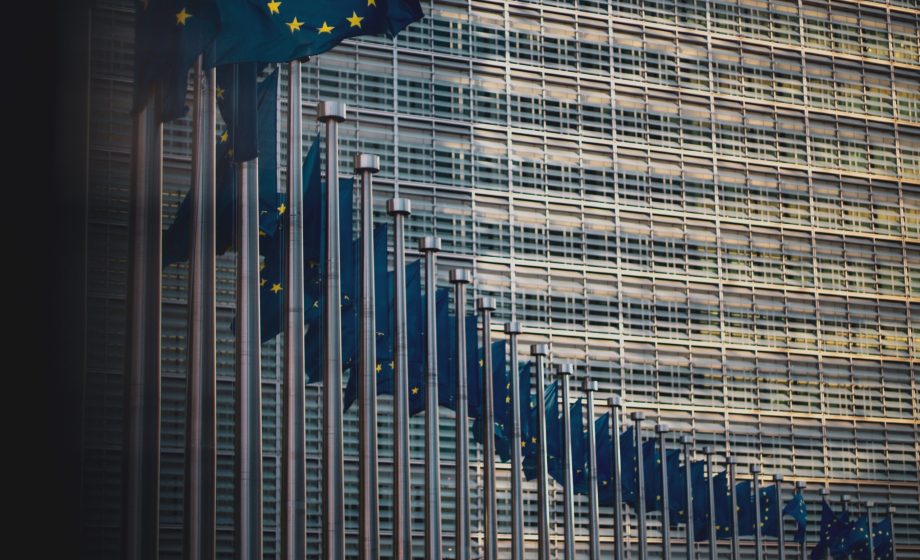The EU parliament resolution has condemned Azerbaijan’s Erasure of Armenian History.
The European Parliament voted on March 10, 2022, to adopt a Joint Resolution on the destruction of cultural heritage in Nagorno-Karabakh.
The resolution strongly condemned Azerbaijan’s destruction of Armenian churches, monuments, and historical sites in the Nagorno-Karabakh war after the November 9, 2020 ceasefire.
The resolution called on UNESCO to document the continued destruction. UNESCO stated that the Aliyev government refused to permit the organization to visit the region to check the damage.
The UN nonetheless sent representatives to Shushi, a celebratory event, the site of the significant destruction.
The European Parliament said that the destruction had infringed the principles of the European Union. According to the parliament, “destruction or desecration of any monuments or objects of cultural, religious or national heritage is against human rights.”
The resolution maintained that Azerbaijan’s actions continued an ongoing pattern of deliberately wiping out Armenian history.
Also, the resolution made it clear that there was catastrophic destruction and effect on the cultural heritage of Nagorno-Karabakh and the region.
And that the irreversible destruction of cultural and religious heritage was carried out by the Azerbaijan government, significantly in the Nakhchivan.
Nakhchivan is an autonomous republic littering 20,000 graves, where 89 Armenian churches and over 5,000 headstones were destroyed.
Furthermore, the resolution expressed that the Azerbaijan government purposely damaged Armenian cultural heritage in the 2020 war, especially in the shelling of the Gazanchi Church, Holy Saviour in Ghazanchetsots Cathedral in Shushi, and the destruction of other churches and cemeteries after and during the conflict.
In addition, the EU Resolution exclusively stated that “during his visit to the 12th century Armenian Church in Tsakuri, [Azerbaijan’s] President Aliyev vowed to remove its Armenian inscriptions.”
Meanwhile, Ilham Aliyev, the Azerbaijan president, has denied targeting the church. He claimed it was a deliberate provocation by Armenians.
In the same vein, Azerbaijani journalist Saadat Kadyrova revealed to the Russian TV audience that the church bombing was justified. He compared the residents to terrorists.
However, Amnesty International and Human Rights Watch have discussed the deliberate targeting of places with civilian populations using cluster munitions.
Also, the European Parliament resolution described that the cultural attacks are aimed at reminding the Armenians left in Artsakh/Nagorno-Karabagh of how helpless their society now is.
The aftermath
Though the EU Resolution has strongly condemned Azerbaijan’s cultural destruction in Artsakh/Nagorno-Karabakh by adopting 635 votes to 2, the resolution has only moral force.
While it might affect future relations and counter Azerbaijani activities and propaganda to promote Azerbaijani influence across the EU, it has no major or clear effects.
Photo by Christian Lue on Unsplash

